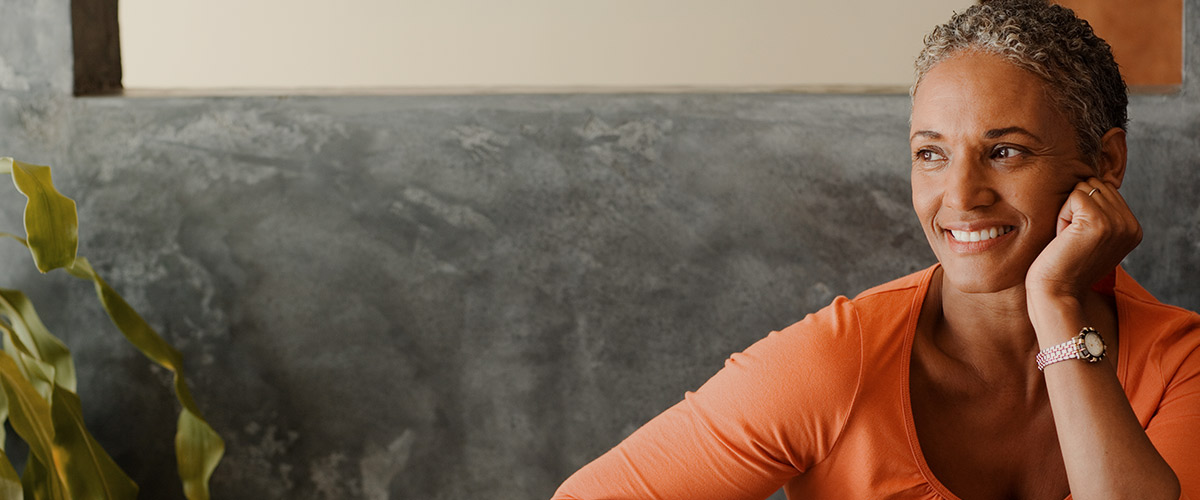Complementary and alternative therapy
Natural health products
Herbal remedies include natural health products such as herbs, vitamins, minerals and homeopathic. Most natural health therapies that have been tested are not more effective than a placebo (sugar pill). Natural health products are classified as drugs. Health care providers and consumers should be aware however that while many of these therapies may be potentially useful, scientific research in the area of complementary and alternative therapies (CAM) is limited at this time and long-term safety data on herbal remedies is not yet available. Consumers should note that natural products do have side effects and can cause adverse reactions just like pharmaceutical therapies. They also present the risk of serious drug interactions. Consult your health care provider before using any CAM treatment options.
The most common natural health product used for treating the symptoms of menopause is phytoestrogens. Isoflavones, the phytoestrogens present in soybeans and soy products such as tofu, have been studied but no conclusive results about their effectiveness have been determined. Some studies do show a moderate improvement in symptoms. St. John’s Wort may help reduce sleep difficulties. Black cohosh, flaxseed, dong quai, ginseng, evening primrose oil, wild yam, and gingko have all been studied but none of these products resulted in any improvement in menopausal symptoms compared to a placebo.
Visit Memorial Sloan-Kettering Cancer Center’s website for more information about herbs, botanicals and other products.
Cannabis
There is very little research suggesting that cannabis (either THC or CBD products) can hep manage symptoms of menopause. Some women who use cannabis during menopause believe it will help with sleep disturbances, mood changes, hot flashes, and muscle or joint pain. In fact, THC, the main active ingredient in cannabis, can impair the quality of your sleep. Using cannabis often may also worsen depression. If you are using cannabis to help manage menopausal symptoms, speak to your health care provider about other options, since cannabis use may be causing or worsening your symptoms.
Complementary approaches
Complementary approaches to managing menopause symptoms can also be effective. Using a fan, dressing in layers and drinking cold drinks can all temporarily help with night sweats and flushing. Meditation, exercise, quitting smoking and losing weight (if needed) can also be helpful for managing symptoms. Some women turn to acupuncture to try to relieve the symptoms of menopause. There is one small clinical trial that has demonstrated a benefit to acupuncture. Most of these therapies are not effective for severe hot flashes, which occur in up to 20% of women.

